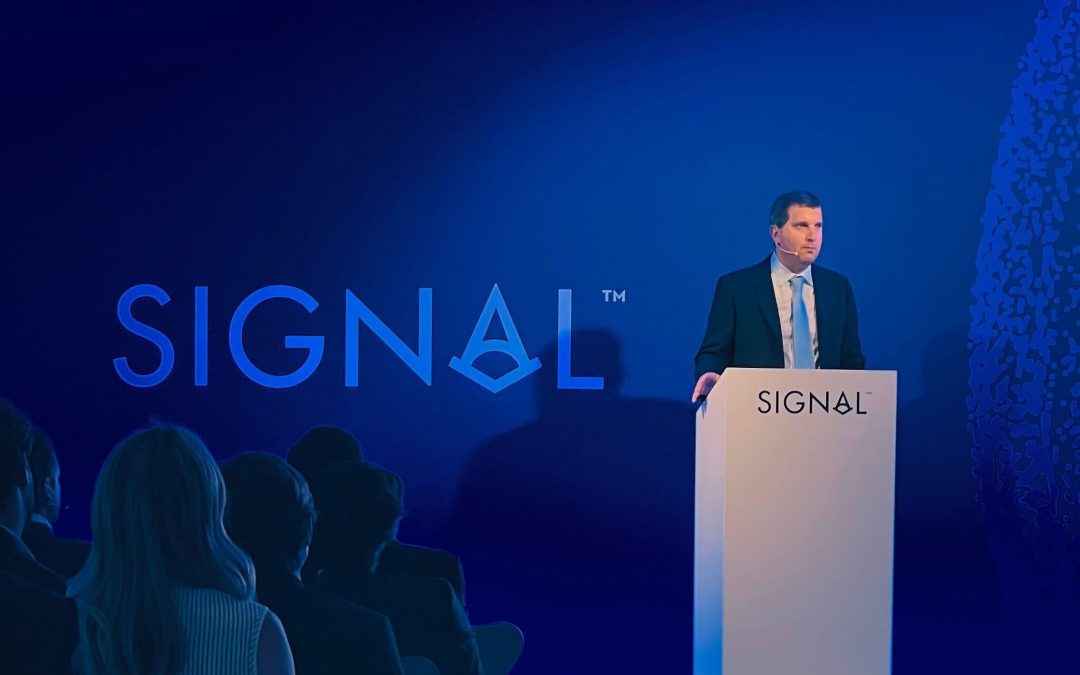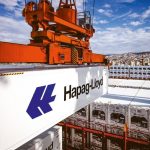Signal, the diversified shipping services group, reflected on recent milestones and offered a vision of a technology-driven future underpinning relationships and human decision-making by shipping professionals.
Speaking at a 1000-attendee event at the Stavros Niarchos Foundation Cultural Centre (SNFCC) in Athens, Signal Group founder Ioannis Martinos said:
“We are delighted to be catching up on our progress with so many friends we have missed and that shipping has been enjoying better market conditions. Signal is four years in on a 20 year mission to bring useful applications of technology to shipping.”
“Expectations and scrutiny on the industry will continue to escalate, commercial management will further consolidate, and execution speed will become ten times faster”, he added.
Constantinos Daskalakis, MIT Computer Science Professor and keynote speaker for the evening, provided insights into the role Artificial Intelligence (AI) could play across a range of sectors.
“AI, and computation in general, comes in various flavours, allowing us to solve different real-life and business problems. It is excellent to follow and support Signal’s endeavours to bring AI to shipping,” Daskalakis said.
“Translation software and language models, in particular, have made remarkable progress.” he added and illustrated fascinating examples for the audience.
“AI, however, is prone to make mistakes and needs carefully considered human supervision,” he concluded.
Attendees at the event had a chance to understand how Signal Maritime pursues sustainably leading performance thanks to the combination of a talented team and the powerful analytics provided by The Signal Ocean Platform.
Since its launch in 2018, Signal Ocean has continued evolving and now tracks more than 42,000 unique ships across all shipping segments and all global trades. In fact, Signal is currently working on bringing everything a professional needs to follow and trade shipping routes in a new series of topic-centric dashboards.
The platform continuously processes and combines streams of private and public data such as AIS, tonnage lists, cargo lists, vessel positions, port costs, port line-ups and freight rates.
Using advanced algorithms and AI, data is transformed into private and actionable insights on the freight market. Users can optimally match vessels to cargoes, run profitability comparisons, make CO2 estimates, and use Signal’s patented technology to forecast vessel movements and availability across the globe.
Meanwhile, Signal Ventures – the investment arm of the Signal Group – reported that the maritime technology market had grown 18% faster than anticipated pre-pandemic and was on track to reach USD 345bn by 2030. An estimated USD 3bn has been invested by venture capital since 2020. Signal Ventures has itself invested in 11 start-ups in the commodity, supply chain, operations and vessel management sectors. Three of the portfolio companies have already completed follow-up funding rounds and are now worth an average of five times more.
The ecosystem currently includes technology startups active in ship bunkering, oil and dry bulk analytics, and marine weather.
Source: Hellenic Shipping News






